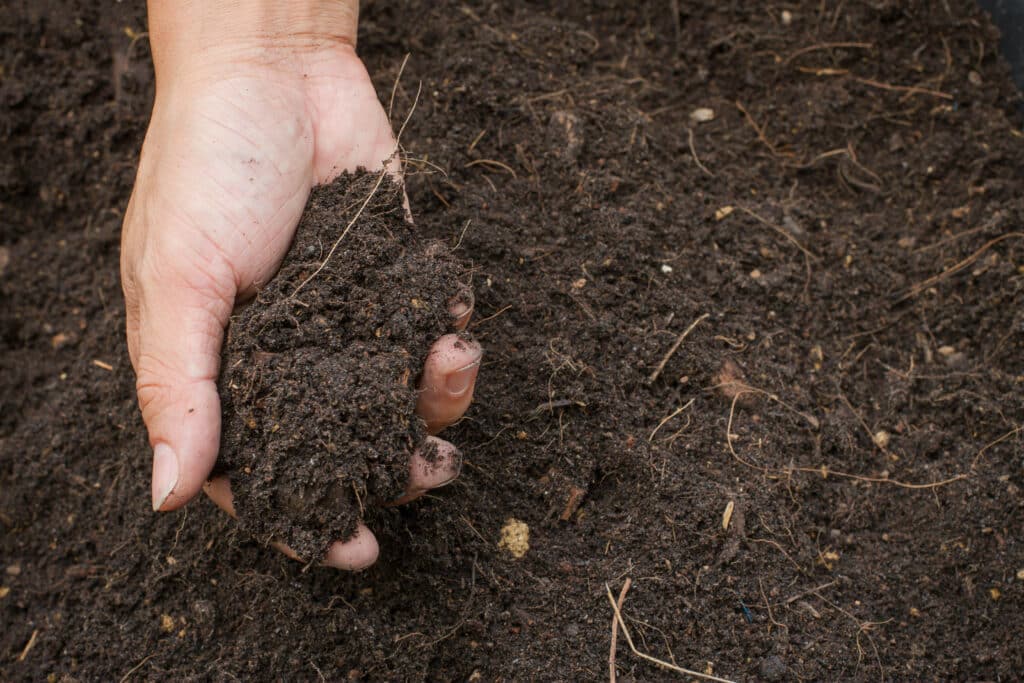One of the world’s largest carbon banks is literally right beneath our feet. Growing Nuseed Carinata as a cover crop can help agriculture restore carbon to regenerate soil and reduce emissions by replacing fossil fuels with low carbon renewable oil feedstock.
“There’s only three places carbon can go water, air and soil,” explains Nuseed Carinata Bioenergy Strategy & Commercial Lead, Alex Clayton. “We know carbon in the air or water has detrimental impact, soil on the other hand desperately needs carbon to regenerate and continue growing more food. It’s a great big opportunity, that’s ready today to naturally bank or store carbon.”
Clayton is part of a global initiative across agriculture, energy and petrochemical sectors working to maximize GHG reductions, reduce emissions, and in turn sequester more carbon to the soil. The program is commercially replacing fossil fuels with low carbon renewable oil derived from the non-food cover crop Nuseed Carinata.
In South America and the Southern United States the Nuseed team is already contracting with local growers to produce the cover crop, grown using certified sustainable practices between primary crop rotations, to help restore carbon and improve soil while also adding additional farm income from harvesting the crop.
Unlocking cover crop potential
Cover cropping is the practice of growing a resilient crop between main crop harvest and planting primarily to regenerate soil. In combination with low tillage the practice helps reduce carbon losses by not leaving soil exposed and helps protect it from erosion. The above ground biomass removes atmospheric carbon and the high carbon root system helps sequester or restore soil carbon. Cover crop agronomic benefits including soil decompaction, improved water and nutrient retention, decreased pest pressures and increased biodiversity and pollinator habitat. What makes Nuseed Carinata a unique cover crop is that it is contract grown and harvested for low carbon renewable oil feedstock.
Incentivizing agriculture to restore carbon
National Academy of Sciences research sited on Carbon Brief states the world’s soils have lost 133 billion tons of carbon from agriculture practices. Experts at Nuseed view putting soil carbon back as critical to mitigate climate change, for productive farming, improved soil health and continued food production.
“Through our certified sustainable contract production we are incentivizing agriculture to put carbon back into the soil through cover cropping with low tillage, low fertilizer and no increased land use requirement, it helps us maximize the greenhouse gas savings and value to our downstream customers, says Clayton. “Energy or oil customers can trace right back to the field the greenhouse gas savings, as well as verify specific environmental and social reporting requirements.”
The potential impact
Nuseed has conservatively estimated the potential positive impact their harvested cover crop Nuseed Carinata could make. Based on Rabobank’s cover crop hectare estimates there are over 170 million hectares of existing farmland that would benefit from cover crops being grown between main crop rotations in Europe and the Americas alone. Planting just 1.5% of that estimated total has the potential to produce 1 billion gallons of sustainable aviation fuel (SAF) and remove 8 million metric tons of CO2 annually from 2030.

